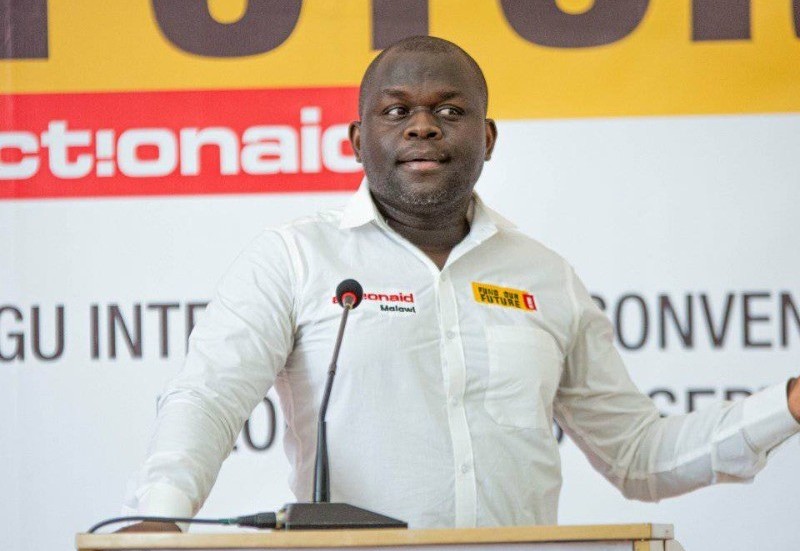Local economists back IMF conditions
Economists say International Monetary Fund (IMF) conditions attached to its loans cannot be blamed for the country’s economic woes, but stressed that the global lender has to reform its conditions to ensure that they are fair.
They were reacting to a statement released by global charity ActionAid that indicated that the conditions IMF attaches to its loans sometimes create economic hardships and worsen poverty levels in low-income and developing countries such as Malawi.

ActionAid Malawi acting executive director Wongani Mugaba cited last week’s 44 percent devaluation of the kwacha as one of the conditions that could push people into poverty amid rising prices.
“The recent devaluation is a reminder of a clarion call for systems change at the IMF and World Bank to end regressive tenets as a precondition to getting aid,” he said.
Mugaba said developed countries and development partners should pursue efforts to reform the IMF so that it uses its influence and resources progressively to work for people living in poverty.
In an interview on Wednesday, Economics Association of Malawi president Betchani Tchereni said IMF conditions are necessary to instil confidence in donors that the recipient country is committed to a reform programme.
He urged local authorities and policy makers to focus on creating “a policy framework that enhances domestic resource mobilisation” to ensure that the country can finance its own operations and boost resilience to economic shocks.
Economist Bond Mtembezeka said in an interview the economic problems that have rocked the country cannot be blamed on the IMF’s conditions, but asked the fund to reform its conditions that are attached to loans.
“The donor community needs to shift away from the tendency of relying on the stance of IMF to determine how it will support an economy,” he said.
In a separate interview, Malawi University of Science and Technology economics lecturer Bertha Bangara said ActionAid’s call to lift the conditions is “impractical” because the IMF uses them to assess a recipient country’s creditworthiness and capacity to repay the loans.
“The IMF is considered to have a signalling effect,” she said.
ActionAid’s position follow a call from the United Nations Development Programme to reshape the global financial system, particularly multilateral banks such as the IMF and World Bank to realise equitable global development.






One Comment